If you go
What: The Moody Blues Where: Pinewood Bowl, Pioneers Park When: 7:30 p.m. Monday Tickets: $33 to $172. Tickets available at Pinnacle Bank Arena ticket office, Ticketmaster locations, ticketmaster.com and at 800-745-3000. Name the Moody Blues' first hit. No, it wasn’t “Nights in White Satin.” Nor was it “Tuesday Afternoon.” It was “Go Now,” a 1965 R&B number that put the Moodies in the same bag with the other British Invasion bands. But Merseybeat wasn’t the Moodies' sound -- at least after Justin Hayward joined the group in 1966. “I came to the group, actually, as a guy who wrote songs,” Hayward said. "Mike Pinder of the Moody Blues called me because he’d heard my songs (via Eric Burden of the Animals). I sort of see myself as a guy who writes songs who got to be in a band that plays them." The band immediately began playing, recording and releasing Hayward songs. But the Moodies didn’t get a hit until he brought in a composition he called “Nights in White Satin.” “I was at the end of a love affair and starting another one,” Hayward said. "I was 19-20 years old, and I just wrote this simple song. They didn’t think much of it when I played it. Then Mike Pinder, who had one of the first mellotrons, said, ’Play it again.’ He played it with me, and there it was.” "Nights in White Satin” first appeared on “Days of Future Passed,” the band’s 1967 album that also contained Hayward’s “Tuesday Afternoon.” But “Nights” wasn’t a hit until five years later, going to No. 2 on the Billboard charts on its rerelease in 1972. By that time, the Moodies had released six more albums, establishing themselves as a true classic rock band -- with their inclusion of classical music concepts and sounds in their music. But it was “Nights” circa 1967 that made the Moodies. “It was the song, along with ‘Tuesday Afternoon,’ that defined us and our sound,” Hayward said. “It gave us a unique kind of style. That’s still important for groups today -- to clearly define their own style and sound. ‘Go Now’ was a cover song. When we started doing our own stuff is when we really became the Moody Blues.” Hayward, who plays guitar and sings; bassist John Lodge, who joined the band with Hayward in 1966 and penned “I’m Just a Singer/in a Rock and Roll Band”; and drummer Graeme Edge, who has been with the band from the beginning, now make up the Moody Blues. They’ll be at Pinewood Bowl Monday for a concert that likely will be just what fans turn up to hear. “The first half of the show is our newer stuff, by which I mean the ‘80s and ‘90s,” Hayward said. “The second half of the show is the stuff we have to play, our greatest hits. There are things from just about everything we’ve done. There should be something for everyone.” The Moodies, who took a late '70s hiatus and saw some personnel changes at the end of that decade, made a comeback in the ‘80s, turning up on MTV and generating hits like “Gemini Dream” and “Your Wildest Dreams,” two more Hayward compositions.“People think the '60s were our best time,” he said. “But, to be honest, the most fun was that time in the ‘80s -- to have that opportunity to be on TV and have all the times of having hit singles in your early 40s. I was a kid in the '60s, with my head down and a little too stoned. In the '80s, I was able to enjoy it. Believe it or not, a lot of our audience today came from that time, not the '60s.”
The Moody Blues last released an album in 2003. That’s likely to be the band’s final record. “I think this is probably it,” Hayward said. “I did the solo record because I had so many songs, and I could not see a Moody Blues record on the horizon. People want DVDs from us now. I think any product we do will be along that line.” The solo album Hayward mentioned is “Spirits of the Western Sky” that came out last year. Now he’s on the road with the Moodies for about 100 shows a year and is doing another 90 or so solo dates. “That’s why I’ve been married so long,” he said. “If I’d have been home more, you never know.” The solo dates are smaller affairs than a Moody Blues concert. But Hayward said he would still be playing, even if it was to passersby on the street. “I kind of feel a duty to do it,” he said. "Number one, it’s a lot of fun doing it. I wouldn’t want to give that up lightly. But I do feel a duty to the music. I’ve got a feeling I’d be doing it somewhere no matter what.” “Nights in White Satin,” however, has ensured that Hayward will continue to have a large audience for as long as he continues to play. He wouldn’t have guessed that when he wrote the song. “I would have run a mile if you’d have told me what happened,” he said. “I would have been scared.”